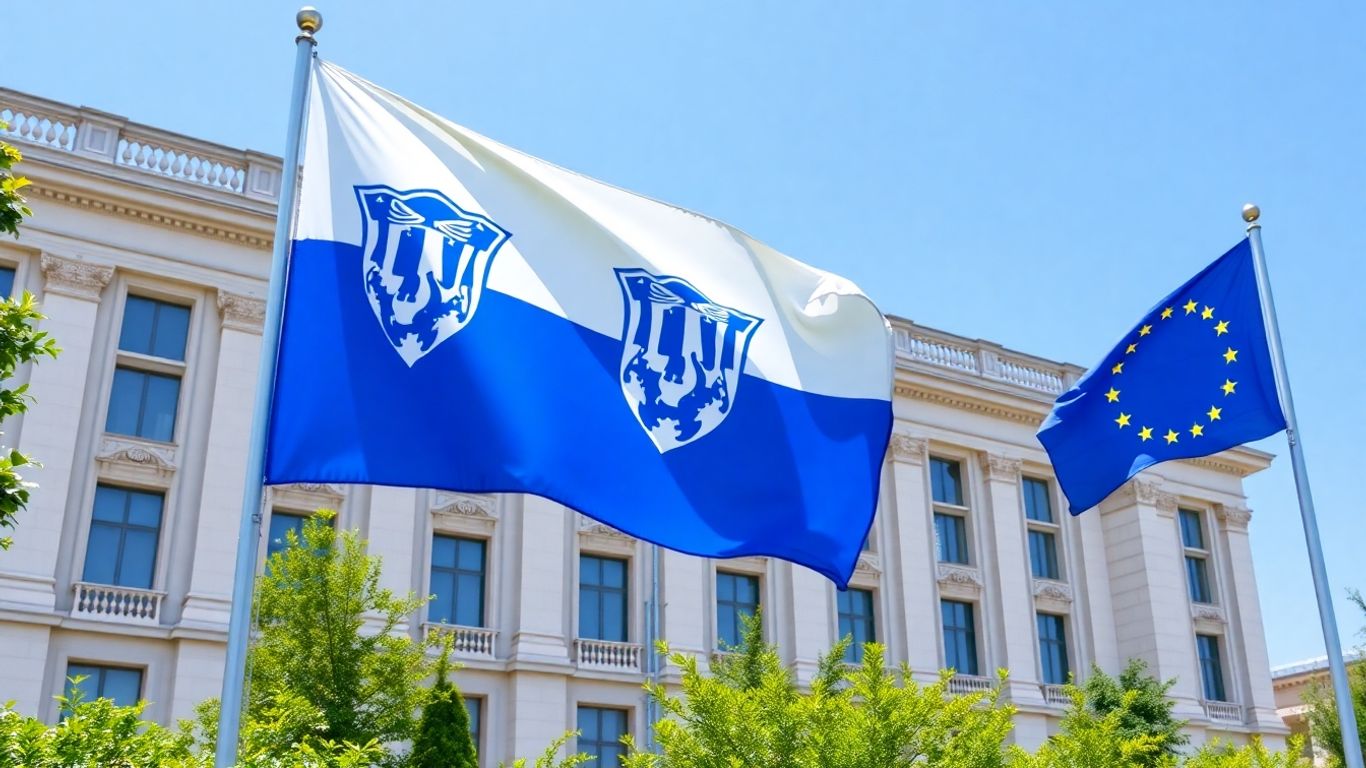Bosnia and Herzegovina made significant progress toward European Union membership by adopting a long-awaited reform agenda. This pivotal decision enables the country to access nearly €1 billion in EU funds and aligns it with the EU’s broader Growth Plan for the Western Balkans. The approval, delayed for months, demonstrates renewed political unity in Sarajevo and signals fresh momentum for the country’s integration ambitions.
Key Takeaways
- Bosnia and Herzegovina adopted the EU-required reform agenda just before the final deadline, avoiding further financial penalties.
- The reforms unlock up to €976 million in EU funding under the Growth Plan for the Western Balkans.
- Core areas include digital infrastructure, green economy, education, private sector support, and the rule of law.
Reform Agenda: Structure and Priorities
The newly adopted reform agenda includes over 100 individual measures, grouped into several priority areas:
- Green and Digital Transition: Includes rolling out 5G networks, new regulations for the electricity sector, and the promotion of renewable energy. These reforms aim to modernize infrastructure and support energy efficiency.
- Human Capital and Education: Measures focus on digitalizing education, increasing access to early childhood education, and expanding internet availability in schools to build a tech-savvy workforce.
- Private Sector Development: Streamlining business regulations and fostering an environment conducive to entrepreneurship are priorities. Harmonized standards and unified regulations are expected to drive economic growth.
- Rule of Law and Good Governance: The agenda commits to enhancing judicial independence, fighting corruption, and implementing e-governance solutions. This aims to reduce bureaucratic hurdles and improve public administration.
Political Cooperation and the EU’s Encouragement
The approval of the reform agenda was itself a political milestone. Intense negotiations saw opposition from certain political factions, particularly ministers from Bosnia’s Serb entity, overcome just before the EU-set deadline. Failure to comply would have resulted in forfeiture of key tranches of funding—Bosnia already lost €108 million due to earlier delays.
EU officials, including Enlargement Commissioner Marta Kos, actively engaged Bosnian leaders, emphasizing the benefits for citizens: better infrastructure, cheaper energy, faster internet, and lower fees for transactions and roaming. The EU has called the move a display of much-needed unity and stressed that the implementation phase is just beginning.
What’s Next for Bosnia and Herzegovina?
With the agenda now in Brussels for review, Bosnia stands to receive an initial disbursement of approximately €60 million by the year’s end. The country’s authorities are expected to propose projects under the plan, with options ranging from highway development (such as the Corridor 5c motorway) to renewable energy initiatives.
The European Commission will monitor reform progress every six months, with a continued focus on inclusivity—local and regional governments are expected to play an active role. Recent events in Brussels highlighted the EU’s desire to ensure reforms benefit all citizens and reflect local voices.
Successful implementation could bring tangible improvements in daily life and support Bosnia’s ultimate goal of full EU membership, following its official candidate status and the start of accession negotiations earlier this year.
References
- Reform Agenda of BiH finally adopted, European Western Balkans.
- Bosnia adopts reform agenda to unlock EU funds, IntelliNews.
- The adoption of the Reform Agenda is just the beginning. Let’s work together to reach the finish line., EEAS.
- Bosnia approves the reform program for the EU growth plan, European Newsroom.
- New chapter opened in EU relations with Bosnia and Herzegovina’s sub-national governments, European Committee of the Regions.






